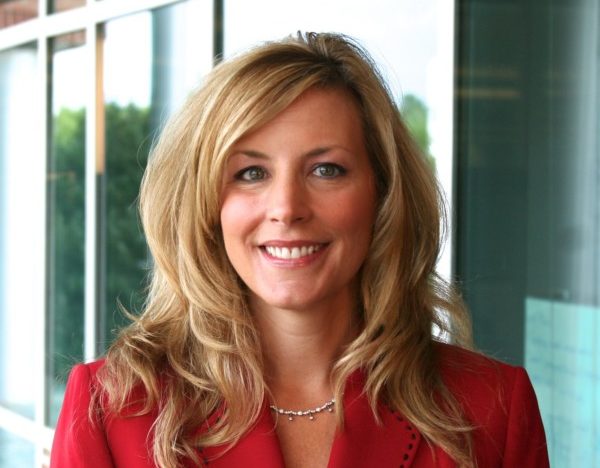
Red Hat has announced the release of a community version of the Open Decision Framework, the company’s collection of its own best practices for making decisions and leading projects.
The framework, according to the vendor, can help decision-makers communicate transparently, seek out diverse perspectives, collaborate more effectively across distributed teams, and limit unanticipated impacts of business projects and decisions.
Red Hat’s open culture – rooted in transparency, collaboration and meritocracy – was highlighted in The Open Organisation, by Jim Whitehurst, the company’s president and CEO. Red Hat created the Open Decision Framework to help sustain and scale its open culture as it grew. As interest in open source – both in technology and as the basis of open management and culture – has taken off, Red Hat has received a number of requests from outside organisations interested in learning how to apply open source principles within their own organisations. By making its Open Decision Framework available, Red Hat hopes to empower business leaders, decision-makers, and project managers to learn from the experiences of Red Hatters and contribute their own findings back to the community.
The Open Decision Framework, according to Red Hat, illustrates how to take five open source principles–open exchange, participation, meritocracy, community, and “release early, release often”–and put them into practice throughout the process of making a decision or leading a project. The framework is flexible and offers practical steps designed to help teams collaborate with each other, identify and engage stakeholders, manage competing needs and priorities, communicate trade-offs and business requirements, and improve decision-making.
The Open Decision Framework is available under a Creative Commons CC-BY-SA 4.0 license, and all files are available on GitHub.
DeLisa Alexander, Executive Vice President and Chief People Officer, Red Hat, said, “When people read The Open Organisation, they often ask us how we make open and inclusive decision-making work at Red Hat. We created the Open Decision Framework to articulate the lessons Red Hatters have learned by trial and error, based on our experiences working both at Red Hat and in open source communities. We’re excited to launch this community version so that others can adapt it to fit their own organisations and projects, and share their improvements upstream.”





